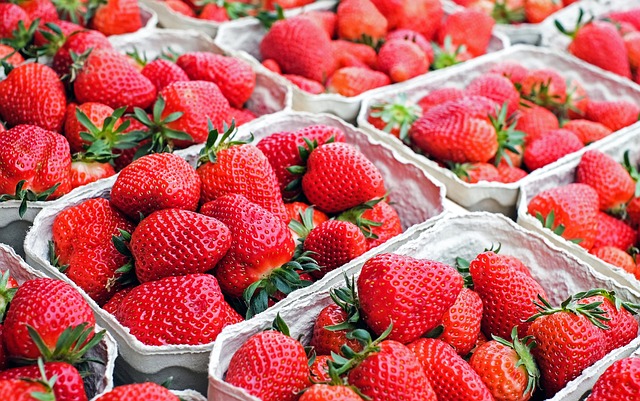Organic recycling, facilitated by effective yard waste removal and recycling strategies, transforms food scraps, yard trimmings, and garden waste into nutrient-rich compost, enhancing soil quality and supporting healthier plants. Homeowners can reduce landfill waste and greenhouse gas emissions by separating organic materials, using dedicated bins for recyclables, and participating in local composting programs. These practices not only benefit the environment but also contribute to a greener living space. Adopting sustainable practices inspires a more eco-friendly future.
In the pursuit of eco-friendly living, organic recycling through proper yard waste removal plays a pivotal role. This comprehensive guide explores strategies to transform your home’s outdoor practices into sustainable gems. From understanding the basics of organic recycling to implementing effective yard waste removal techniques, we uncover best practices that not only reduce environmental impact but also contribute to a healthier, more vibrant community. Discover how these simple steps can make a significant difference in your journey towards sustainability.
- Understanding Organic Recycling for Eco-Friendly Homes
- Implementing Yard Waste Removal Strategies
- Benefits and Best Practices for Sustainable Living
Understanding Organic Recycling for Eco-Friendly Homes

Organic recycling is a cornerstone of eco-friendly living, particularly in homes committed to sustainability. It involves the decomposition of organic materials like food scraps, yard waste, and garden trimmings into nutrient-rich compost that can be used to enhance soil quality and support healthier plants. This process not only reduces the amount of waste sent to landfills but also minimizes greenhouse gas emissions associated with traditional waste management.
In the context of eco-friendly homes, understanding organic recycling begins with recognizing the vast potential for diverting organic waste from landfills. Simple changes like composting kitchen scraps and yard waste through home or community composting programs can make a significant impact. Many municipalities offer resources and infrastructure for efficient yard waste removal and recycling, including collection services and public composting facilities. Embracing these practices is essential in fostering a more sustainable lifestyle that benefits both the environment and local ecosystems.
Implementing Yard Waste Removal Strategies

Implementing effective Yard Waste Removal and Recycling strategies is a significant step towards creating an eco-friendly home. Start by separating organic materials such as food scraps, yard trimmings, and garden waste from non-biodegradables. This simple practice not only reduces landfill waste but also provides rich nutrients for your garden when composted properly.
Consider setting up designated bins or containers for different types of recyclables, including paper, glass, metal, and plastics. Additionally, explore local composting programs that allow you to transform yard waste into nutrient-rich compost, enhancing soil fertility and reducing the need for synthetic fertilizers. By integrating these strategies, homeowners can actively contribute to a more sustainable environment while fostering a healthier, greener living space.
Benefits and Best Practices for Sustainable Living

Adopting sustainable living practices in your home, especially through organic recycling, offers a multitude of benefits for both your community and the environment. By implementing proper yard waste removal and recycling strategies, you reduce landfill contributions, minimize greenhouse gas emissions, and foster a healthier ecosystem. This process involves sorting organic materials such as food scraps, garden trimmings, and paper products from regular trash and composting them to create nutrient-rich soil amendments that can be used in gardening and landscaping.
Best practices for sustainable living include educating yourself and your family about what can be recycled, establishing consistent collection systems for organic waste, and promoting a culture of minimalism and resourcefulness. Regularly cleaning and maintaining recycling containers, ensuring materials are properly moistened to aid decomposition, and avoiding the introduction of non-biodegradable items are all crucial steps in effective yard waste removal and recycling. Embracing these practices not only contributes to a greener home but also inspires others to do their part for a more sustainable future.
Organic recycling through proper yard waste removal strategies is a powerful tool for creating eco-friendly homes. By understanding and implementing sustainable practices, individuals can significantly reduce their environmental footprint. The benefits of recycling organic materials extend beyond conserving resources; they contribute to healthier ecosystems and promote a more sustainable lifestyle. Embracing these best practices is a step towards a greener future, ensuring that our homes and communities remain vibrant and environmentally responsible.
